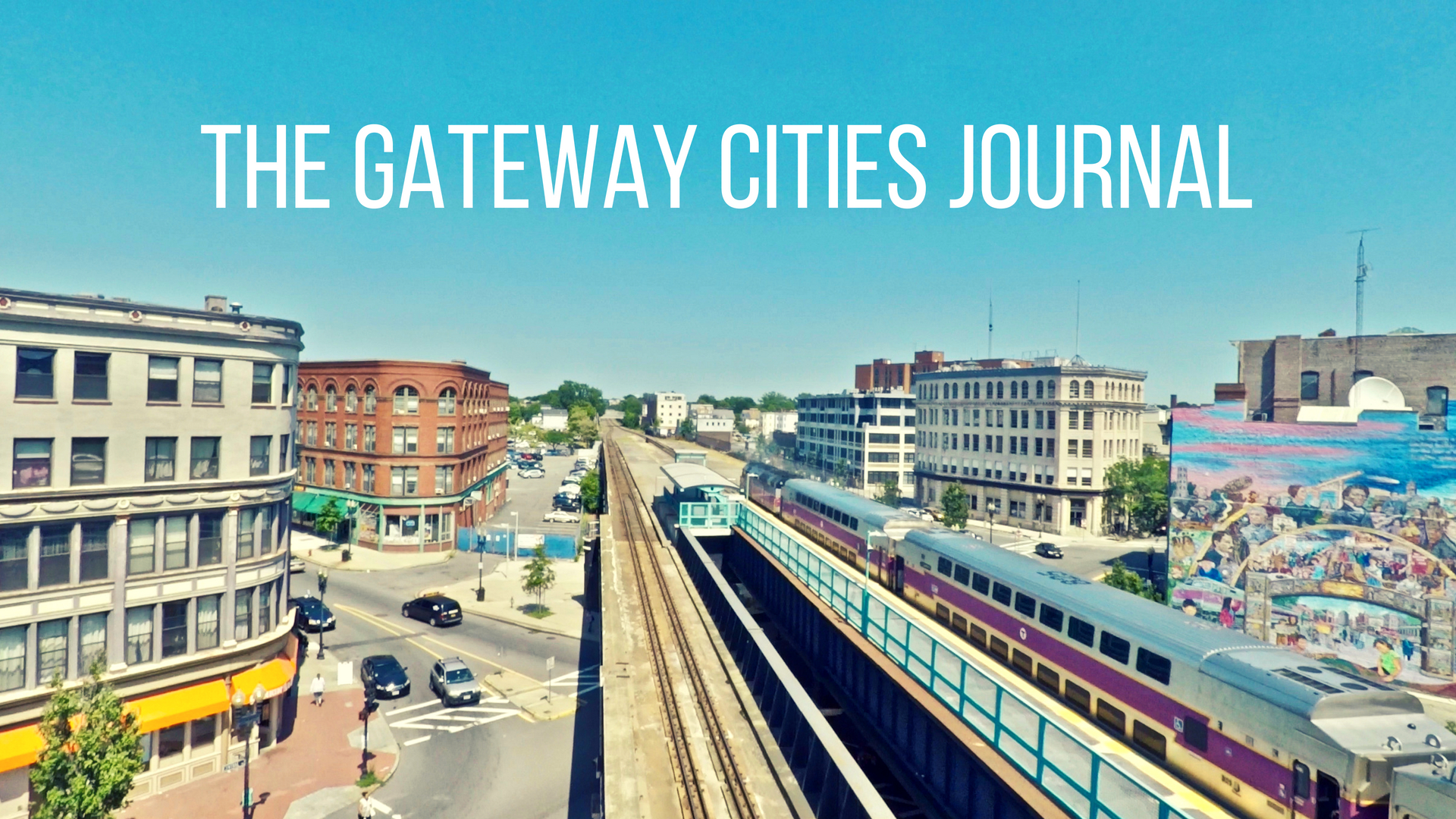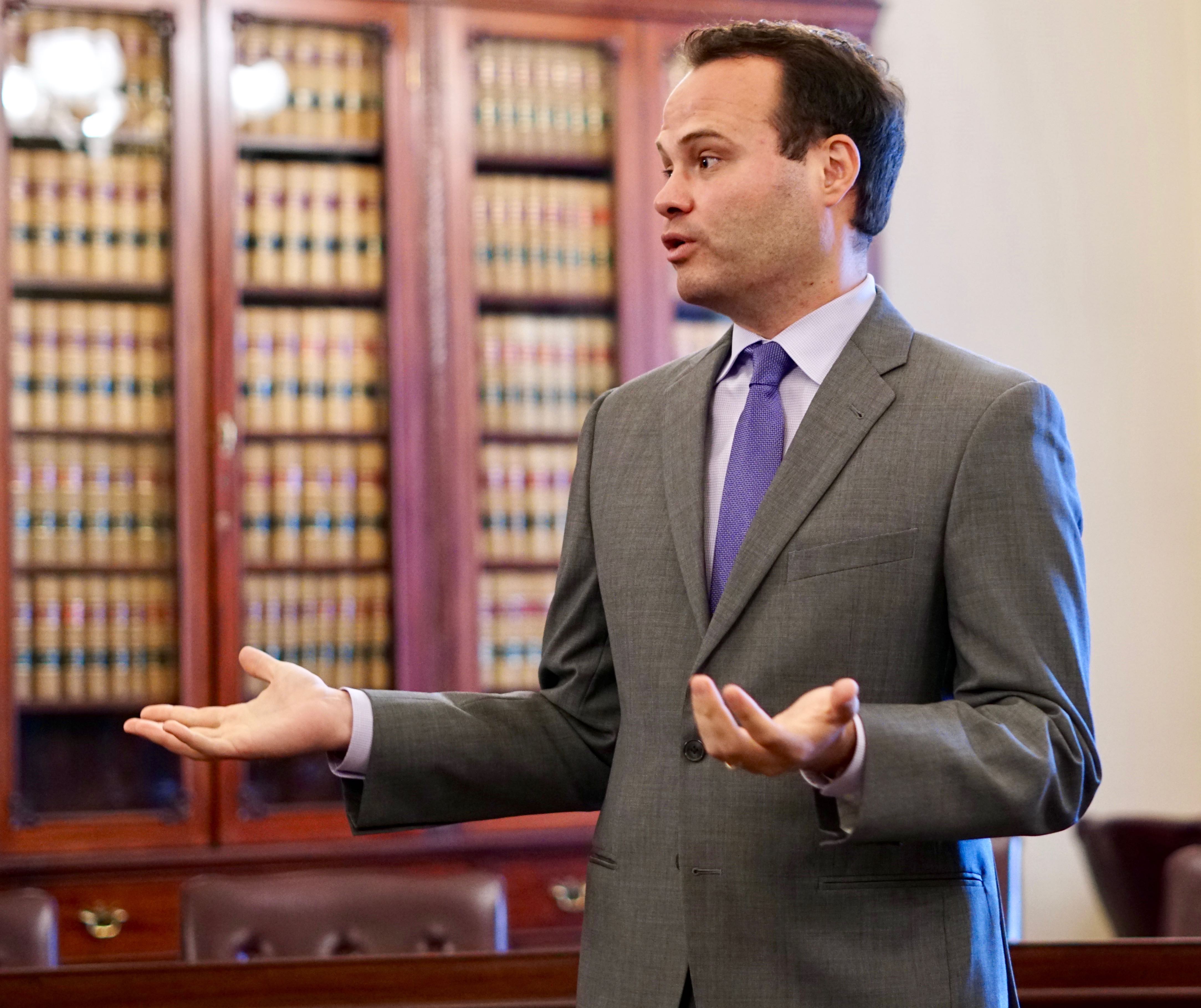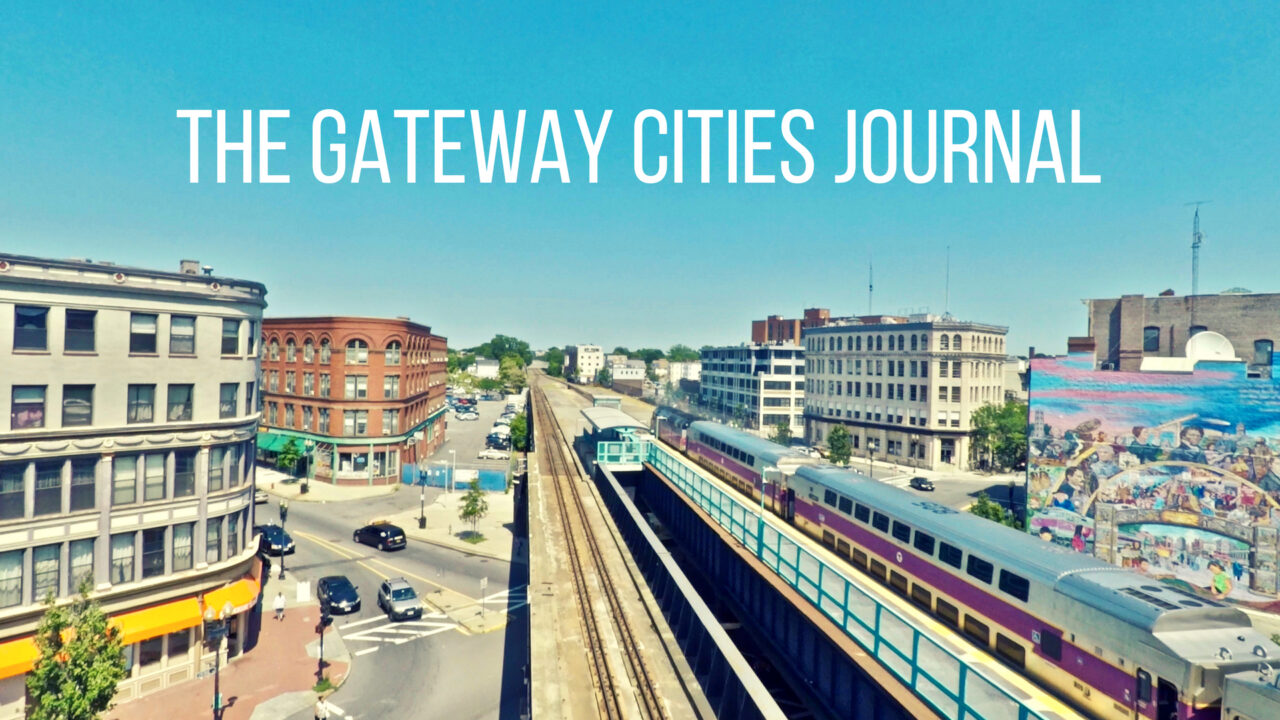
It’s plain and simple: Gateway Cities have substantial capacity to absorb more residents and businesses. With the right policies, the Commonwealth can tap into this sorely needed development potential, and make growth in our state more equitable, sustainable, and fiscally responsible. Without the right policies, growth will continue to evade Gateway Cities, and the Massachusetts economy will surely expand more slowly and unevenly as a result.
MassINC’s latest research has shown that the manner in which we provide transit service to spur transit-oriented development (TOD) in Gateway Cities is a critical piece of the blueprint for quality growth. We need tools to make rail travel to these communities faster, more frequent, and more affordable. We also need tools to support dense, mixed-use development around transit stations to maximize our investment in rail infrastructure.
The cornerstones of this policy agenda were front and center at the State House this week: Regional Ballot Initiatives (RBI) and the Housing Development Incentive Program (HDIP).
Since 2010, MassINC has advocated for RBIs so that regions can invest in the infrastructure and transportation services that they needed to keep their economies moving. As we heard from leaders assembled on Wednesday for a T4Mass State House forum, 41 states currently provide their regions with this ability. Tim Brennan, Executive Director of the Pioneer Valley Planning Council, has been working tirelessly since 1987 to add Massachusetts to the list. With the federal government reducing its spending and calling on state and local governments to provide a much larger contribution to transportation projects, Kevin Thompson, Director of Transportation for America, made a very persuasive argument that Massachusetts can no longer afford to be an outlier.

Legislation filed by Gateway Cities Caucus co-chair Eric Lesser would empower Massachusetts communities to place regional transportation measures before voters. With the Millionaires’ Tax now off the table, many see RBIs as the only viable solution to generating funds for necessary transportation investments. But communities will need time to develop plans and organize structures to deploy this new tool, a reality that gives added urgency to passing Senator Lesser’s bill in this session.
Gateway City leaders made a valiant push to ensure that we have the development tools necessary for TOD in the omnibus economic development legislation passed by the House on Tuesday. Caucus co-chair Representative Antonio Cabral led the way with an amendment that would have increased the annual cap on HDIP from $10 to $20 million. Unfortunately, the effort fell short–but hope is not lost.
Gateway Cities will now focus on the Senate version of the economic development bill. They can make a strong case that HDIP is working. The tool is making residential projects feasible with a very modest subsidy, spurring private residential investment in communities that haven’t seen this kind of development for decades. The attractive new rental housing HDIP makes possible will help Gateway Cities grow their downtown populations, which will lead to more vibrancy and draw employers to these transit-connected locations.
The Legislature works in two-year cycles. In July of the even years, the window of opportunity to move forward opens like no other time. The arguments are compelling. If Gateway City leaders lean in, perhaps we can gain real ground on these two end-of-session imperatives.
Housing & Economic Development
Brockton city councilors preserve full funding for the quasi-public Brockton 21st Century Corporation, a local economic development agency.
The Worcester Housing Authority receives praise from the National Association of Housing and Redevelopment for its apprenticeship program.
Quincy officials transform the city’s largest public parking lot into a new 700-space garage, 15-story residential tower, and a public space.
A study in Chelsea finds demand for additional high-end hotel space, particularly on the waterfront.
Developers in Revere seek to increase the density of their hotel proposal in the name of transit-oriented development.
Over protests, the Lynn City Council approves a $2.5 million, seven-year tax break for a mixed-use development project with market-rate housing on the site of a community garden.
The Salem City Council will fund a restoration of the popular but badly damaged Willows Park pier.
The Brookings Metro Program joins up with Living Cities and the Kresge Foundation to launch a new shared prosperity initiative.
Creative Placemaking
Ted Seifer writes about the power of the Gateway City food movement including TDI backed efforts to support food entrepreneurs. The Lowell Sun reports on pop-up food at Mill Number 5.
Three MBTA underpasses in downtown Lynn are dazzling with neon displays in a partnership between Beyond Lights and IBEW Local 103. The MassDevelopment/Patronicity Beyond Walls campaign taps into a huge well of support.
Ben Forman speaks with MassCultural Council’s Creative Minds Out Loud podcast about creative placemaking and the economic impact of the arts in Gateway Cities.
MassDevelopment requests proposals for collaborative workspaces round three.
Governance
Holyoke city councilors rejected a complex deal to assume partial ownership and liability of the Mater Dolorosa Church and use it as a community space, citing onerous restrictions and excessive liability for the city.
Fall River’s disproportionately white police force is making an active push to recruit more people of color. Likewise, three minority candidates in Fall River are seeking to shake up the city’s all-white council.
After lowering its voting age to 16, the city of Takoma Park, Maryland attempts to engage young voters in local politics through a new Youth Council.
Transportation
The Conservation Law Foundation issues a report looking at the economic impact of self-driving cars on cities and towns.
The Army Corps of Engineers will look into filling in wetlands that currently pose a barrier to the construction of the South Coast Rail.
Noting how high commuter rail fares from Gateway Cities make the service out of reach for many, the Boston Globe reports on efforts to introduce a low-income fare discount.
RGGI for transportation—a potential source of revenue to stimulate reinvestment and transit-oriented development in Gateway Cities—gains momentum.
Education
The House warms up to legislation that would eventually fulfill the state’s obligation to provide adequate funding for Gateway City schools.
CommonWealth magazine profiles Keri Rodrigues and her efforts to engage Gateway City parents.
MassCore, the standard curriculum for high school students planning to attend college, will soon include courses in computer science.
Communities and People
Millennials are the first generation in America to be happier in cities.
